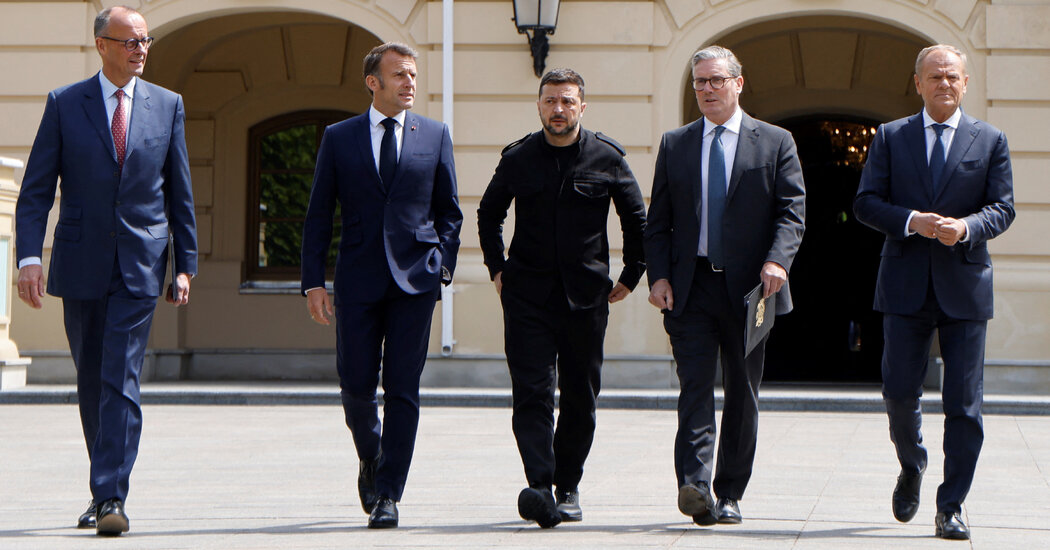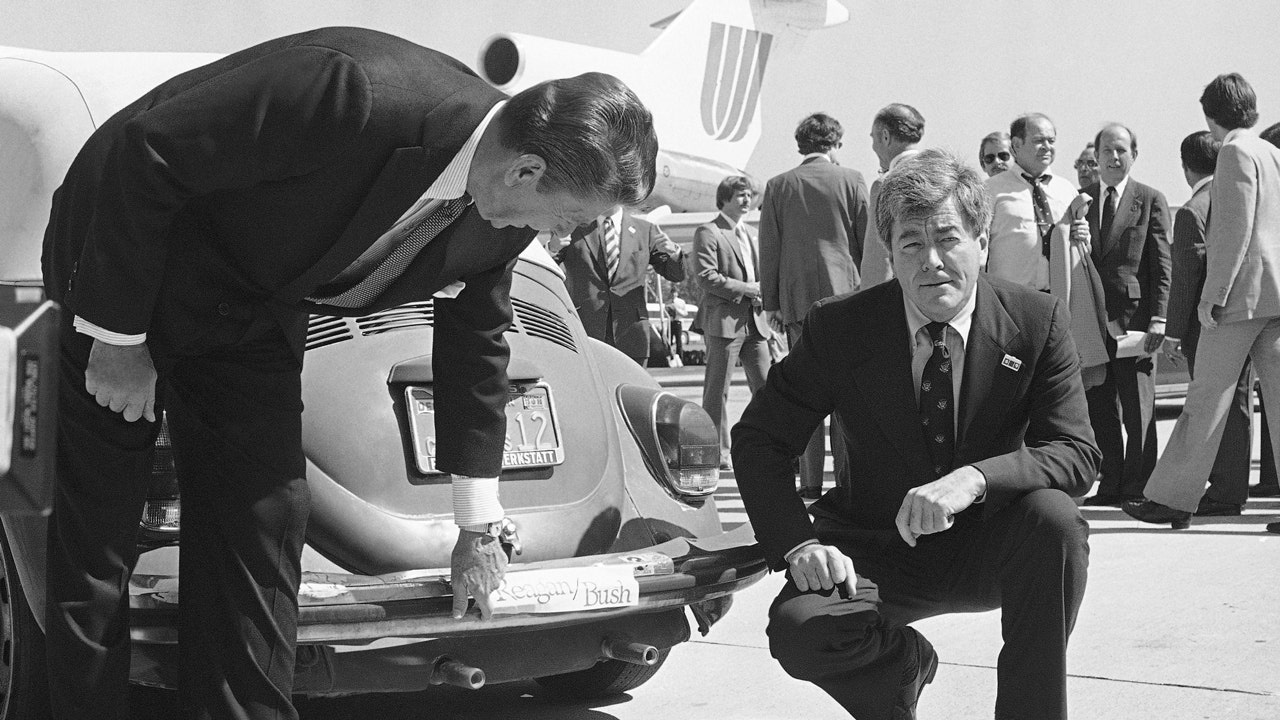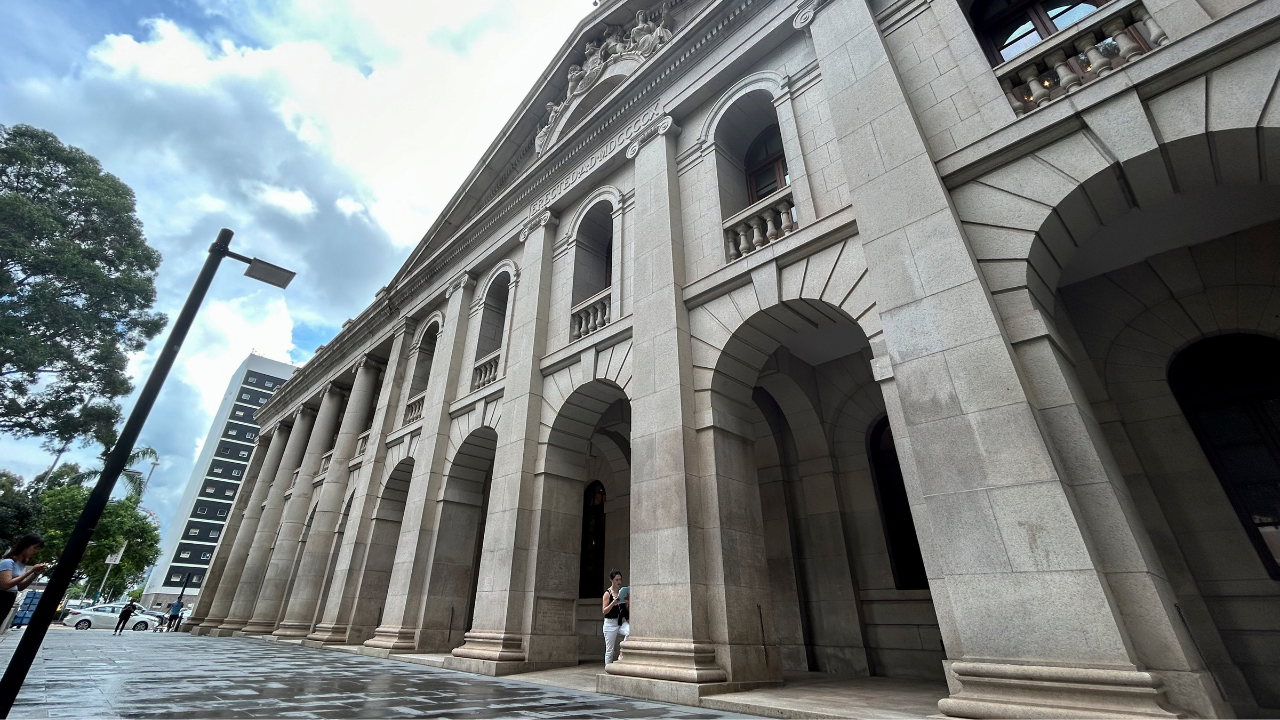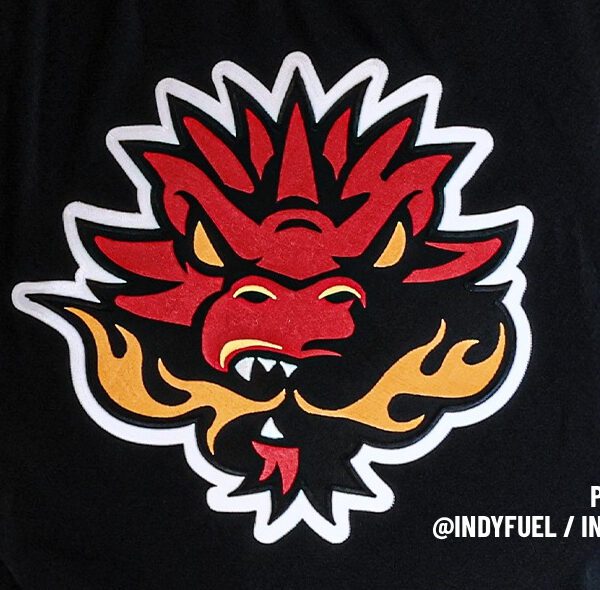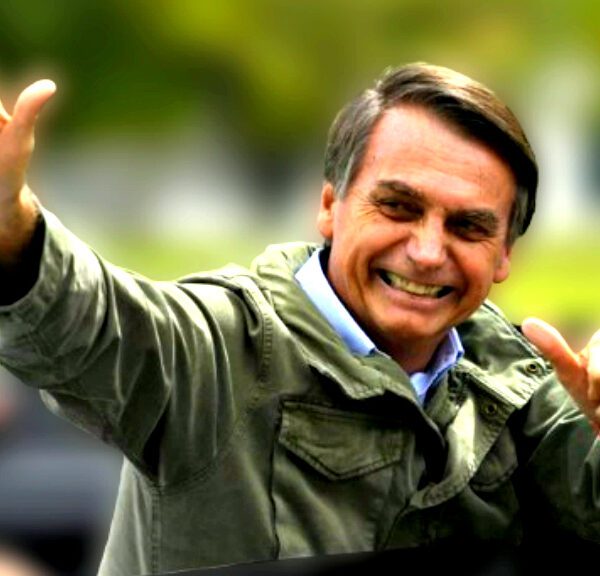Undercutting a weekend of European diplomacy, President Trump on Sunday implored Ukraine to accept a Russian proposal for direct talks rather than insist on a cease-fire first — as had been laid out in a plan announced a day earlier by European leaders during a visit to Kyiv.
The leaders of France, Germany, the United Kingdom and Poland had set a deadline of Monday for Russia to accept a 30-day cease-fire — one initially proposed by the Trump administration — or face additional sanctions.
When President Vladimir V. Putin of Russia made a counteroffer of direct talks, without mentioning a cease-fire, France and Germany rebuffed the proposal. Mr. Trump’s envoy to Ukraine in the talks, Gen. Keith Kellogg, had also earlier Sunday said Russia should halt hostilities as a first step in negotiations.
But Mr. Trump wrote in a post on Truth Social that “President Putin of Russia doesn’t want to have a Cease Fire Agreement with Ukraine.” The Russian leader, he wrote, wanted direct talks to be hosted by Turkey instead. “Ukraine should agree to this, IMMEDIATELY,” Mr. Trump wrote.
Earlier in the day, Mr. Zelensky responded cautiously to the Russian counteroffer of direct talks, insisting again on a halt in the fighting. After Mr. Trump’s post, Mr. Zelensky added a new twist to the diplomatic brinkmanship, saying he would personally attend negotiations. Mr. Putin, in suggesting direct talks, had not proposed a presidential meeting.
Mr. Zelensky’s declaration in a post on X did not clarify whether his participation would depend on Russia first accepting a cease-fire, but he called again for Russia to halt hostilities to allow for diplomacy.
“I will be waiting for Putin in Turkey on Thursday,” he wrote. “Personally. I hope this time the Russians will not look for excuses.”
The flurry of exchanges came hours after Mr. Putin effectively rejected a the Monday cease-fire deadline and instead proposed that direct talks between representatives of the two countries take place on Thursday in Istanbul.
Before setting the Monday deadline and threatening additional sanctoons, European leaders had spoken with Mr. Trump by phone from Kyiv on Saturday. They said that the United States would also impose sanctions on Russia if Mr. Putin did not agree to a truce.
In backing the Russian counteroffer of talks in Istanbul, Mr. Trump wrote: “At least they will be able to determine whether or not a deal is possible, and if it is not, European leaders, and the U.S., will know where everything stands, and can proceed accordingly.”
Since initiating efforts to end the war in Ukraine three months ago, the Trump administration has aligned with Russia on a vote in the United Nations on the war and resumed broader diplomatic ties with Moscow. It has left in place existing economic sanctions but has not ramped up pressure with additional restrictions, even as Mr. Putin has shown little sign of pulling back in the war.
Civilian casualties have risen since the Trump administration cease-fire talks began, compared with the same period a year ago, according to the United Nations. Ukraine agreed in March to an American proposal for an unconditional cease-fire.
In addition to Mr. Putin’s call for direct talks, the Kremlin spokesman on Saturday said Russia would accept a truce only if Western governments stopped supplying arms to Ukraine.
President Emmanuel Macron of France called Russia’s response insufficient, saying as he left Ukraine that it was “a first step but not enough.” Mr. Macron said that Mr. Putin was stalling with his counteroffer of direct talks and “wants to buy time.”
In a statement on Sunday, the German chancellor, Friedrich Merz, supported President Zelensky’s demand that Russia agree to a ceasefire before direct talks can begin.
“If the Russian side now signals a willingness to talk, that is initially a good sign,” Mr. Merz said. “But it is far from sufficient. We expect Moscow to now agree to a cease-fire that can make real talks possible. The guns must first fall silent before talks can begin.”
The European leaders who visited Kyiv on Saturday were clear that only agreeing to an unconditional cease-fire would spare Moscow additional sanctions targeting oil exports and banking.
President Tayyip Erdogan of Turkey spoke with Mr. Putin and told him he was willing to host discussions between Russia and Ukraine, according to a statement by the Turkish presidency. Mr. Erdogan said that a comprehensive cease-fire could lead to a lasting deal to end the war.
The Kremlin declared a unilateral, three-day truce last week around the country’s celebration of the anniversary of victory over Nazi Germany. Ukraine’s military confirmed that most long-range strikes had halted over that period, but fighting along the front carried on without pause.
Russia resumed its long-range drone attacks on Ukraine overnight on Sunday. From midnight until mid-morning Sunday, Russian forces launched 108 Iranian-designed Shahed drones, the Ukrainian air force said, setting off air alarms in several cities.
Erica L. Green, Anastasia Kuznietsova and Clay Risen contributed reporting.

